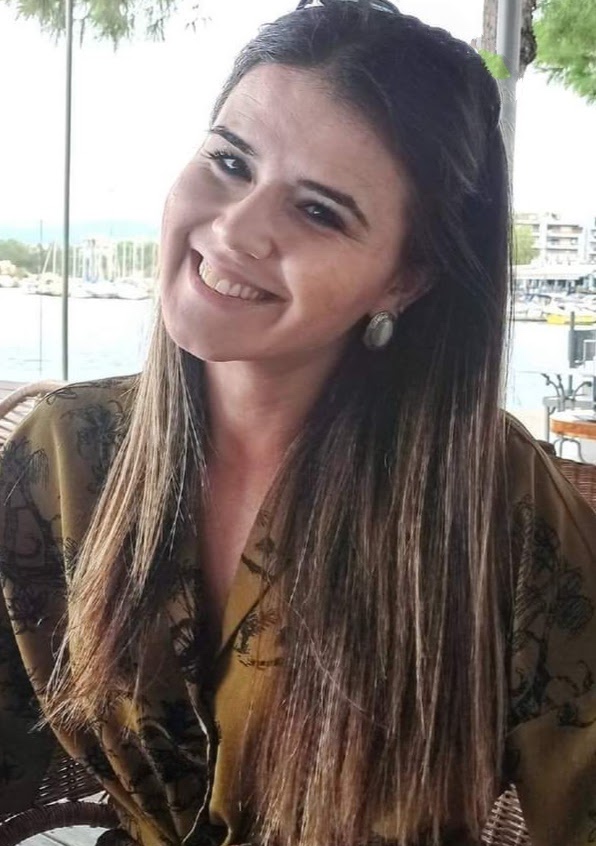This study will discuss how effective singing is as a music therapy technique for adolescents with depression to improve their emotional and psychological state or possibly manage to heal the patients. This can be achieved through different music therapy techniques that have been analyzed in the literature view of this study. In light of this, I will also examine in more depth the effective role of singing collecting relevant information by an interview with an experienced music therapist in the field of depression, specifically at the age group of adolescents. It is crucial to refer that this interview presents a clear image of how music therapy sessions are being conducted and the role of a music therapist in the healing process. Also, it has been highlighted that it is important for the music therapist to create an interactive and communicative relationship with the depressive adolescent patient to have more potential to succeed in the music therapy sessions.
The study aims to examine if ‘singing’ as a music therapy technique could help adolescents with depression. Specifically, in what ways the music therapists could use singing during music therapy sessions. Also, described were the depressive symptoms and possible music therapy methods of treatment, including the singing technique. In addition, the last part focused on the use of voice in music therapy sessions with depressive adolescents and specifically the importance and effectiveness of singing for the improvement of depressive adolescent’s health or healing.
Finally, for the purpose of achieving these research aims, in addition to a thorough review of the relevant literature, an investigation was conducted by using an interview. This interview was conducted through Skype, with a music therapist who is experienced in adolescent age, especially in cases with depressive adolescents. The combination of the literature view and the interview results aimed at an in-depth presentation of the effect of singing on adolescents with depression.
This topic is relevant and applicable to all music therapists around the world, as there are lots of children who grow up and become adolescents and later on adults, who might confront depression. The music therapist along with the family should provide the depressive with the power of music. As Oliver Sacks said: “And why music has so much power? It is a question that goes to the heart of being human”. Music therapists will be there to fight for people’s emotional health once again.
Learner Objectives
Safety, Referral, Assessment, Interpretation of
Assessment and Treatment Planning, Treatment Implementation and Documentation
Presenter Biography
Sofia is a music teacher specialized in Preschool Education. She currently holds a Master’s in Music Education and is currently doing her PhD in Music Education in Music and Cognitive Psychology.


